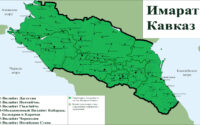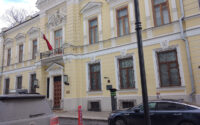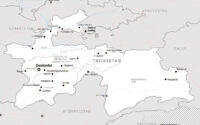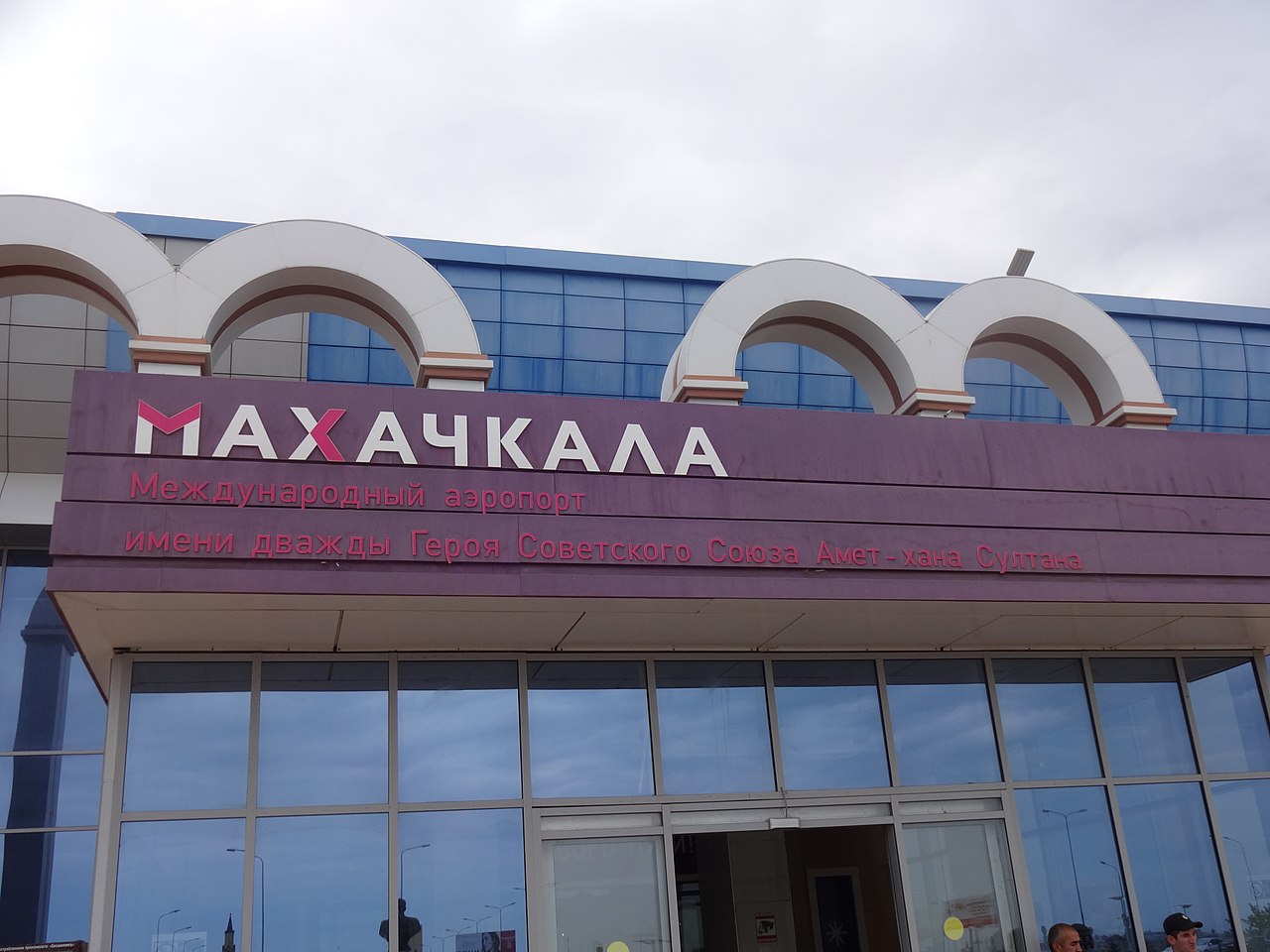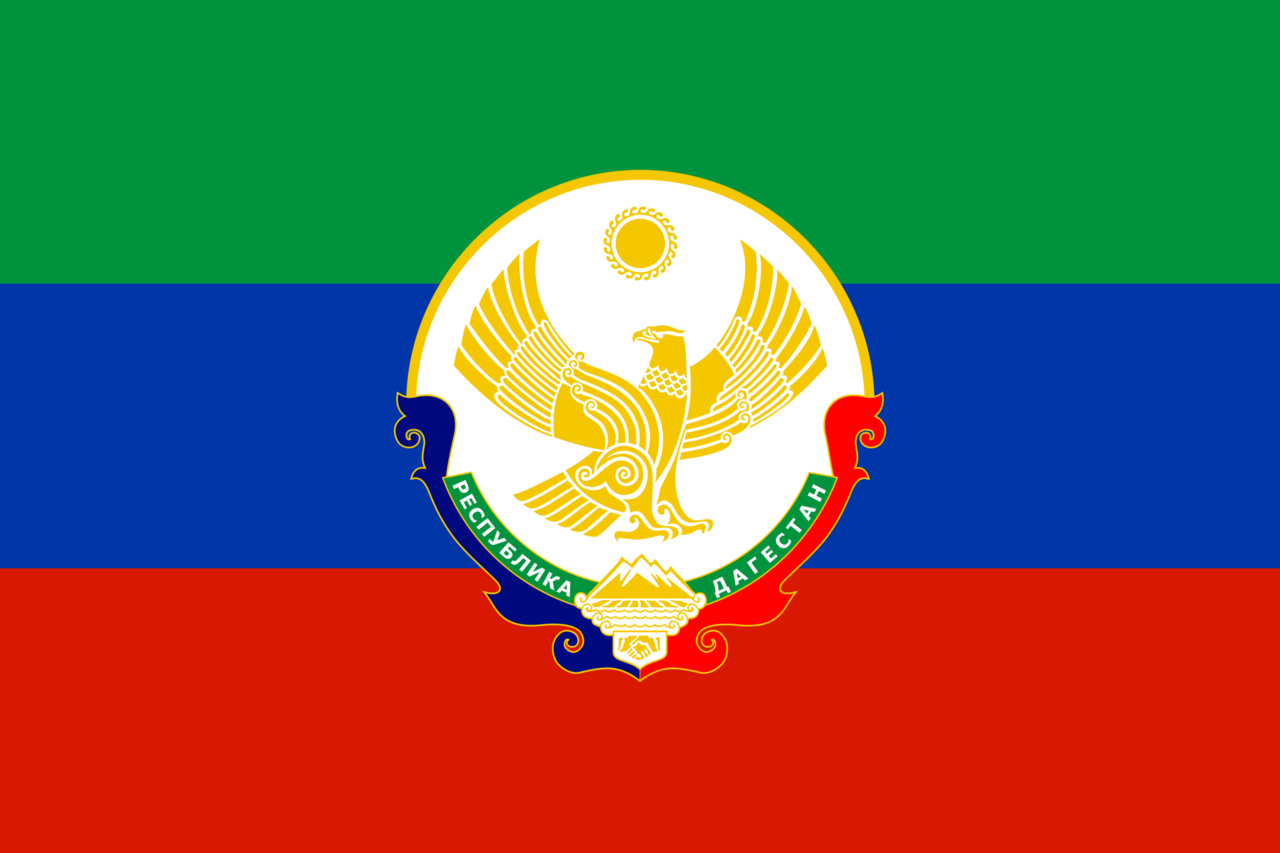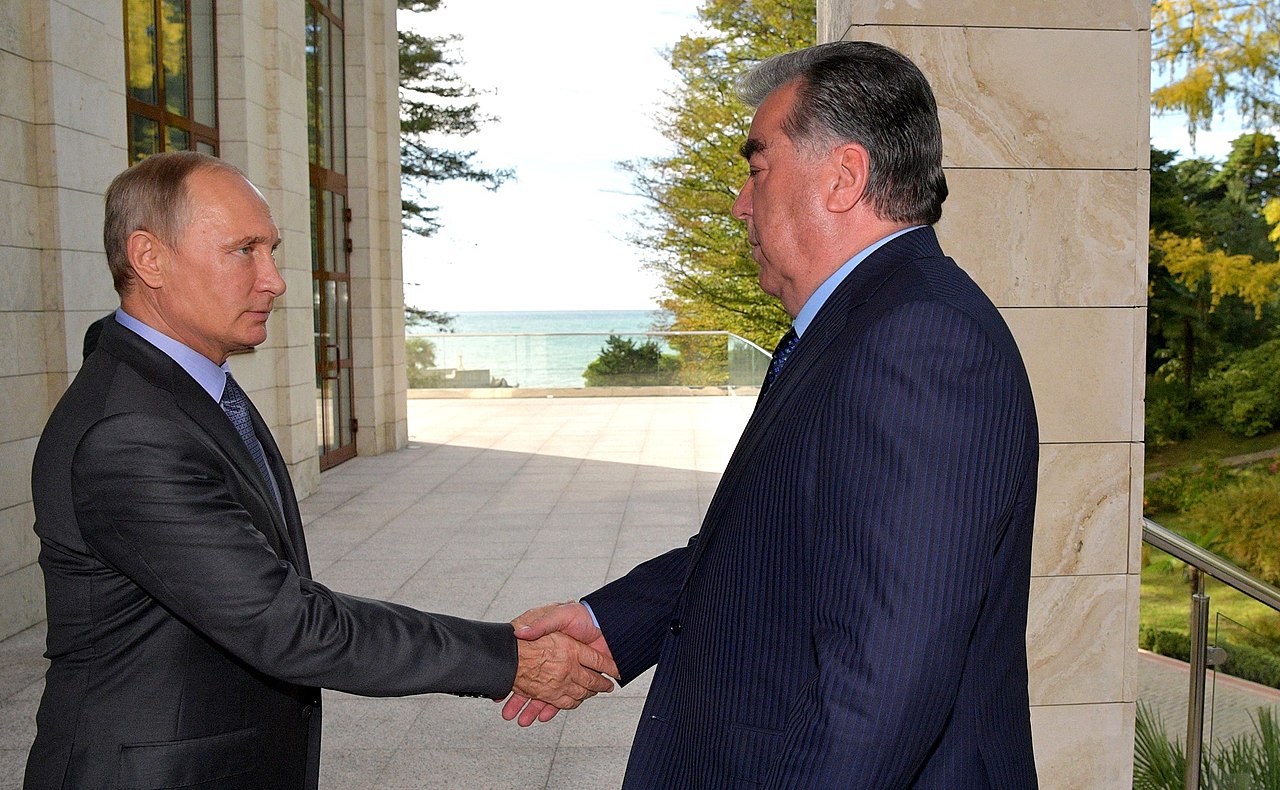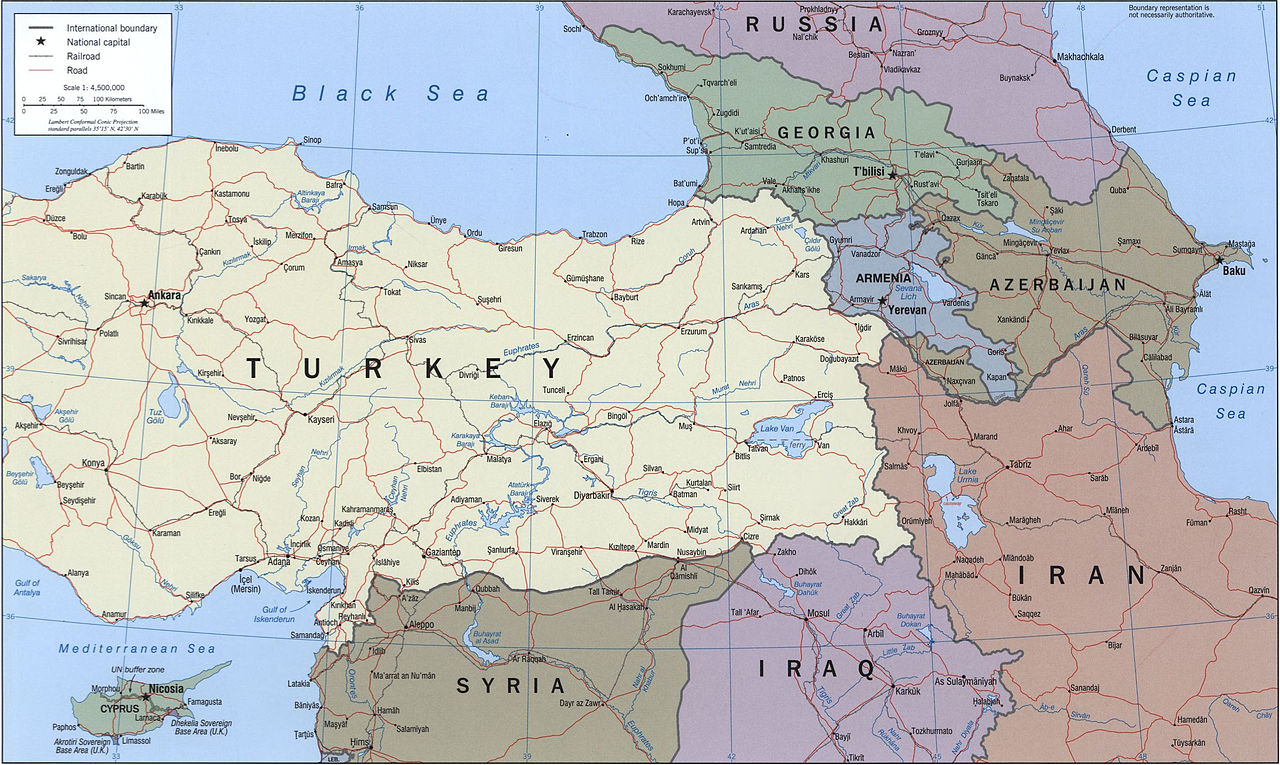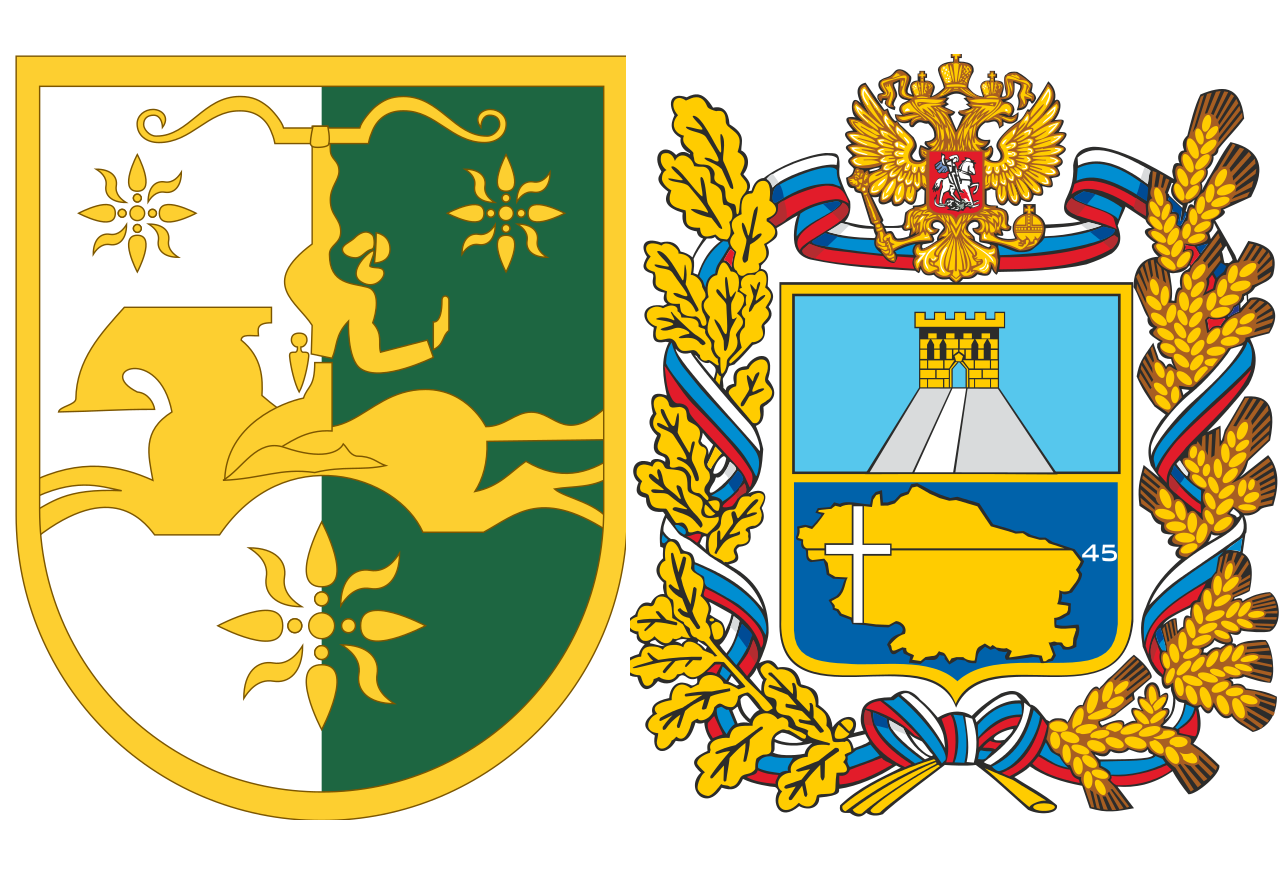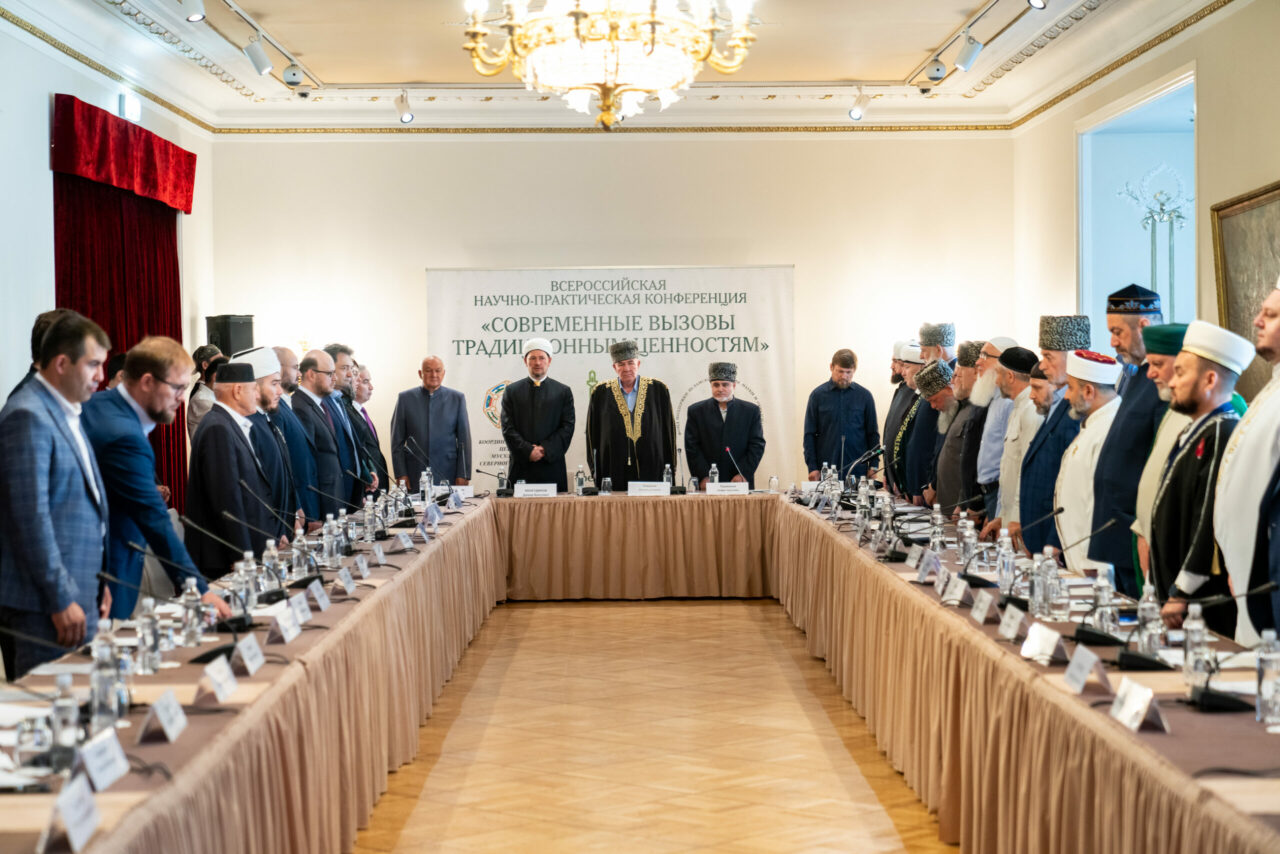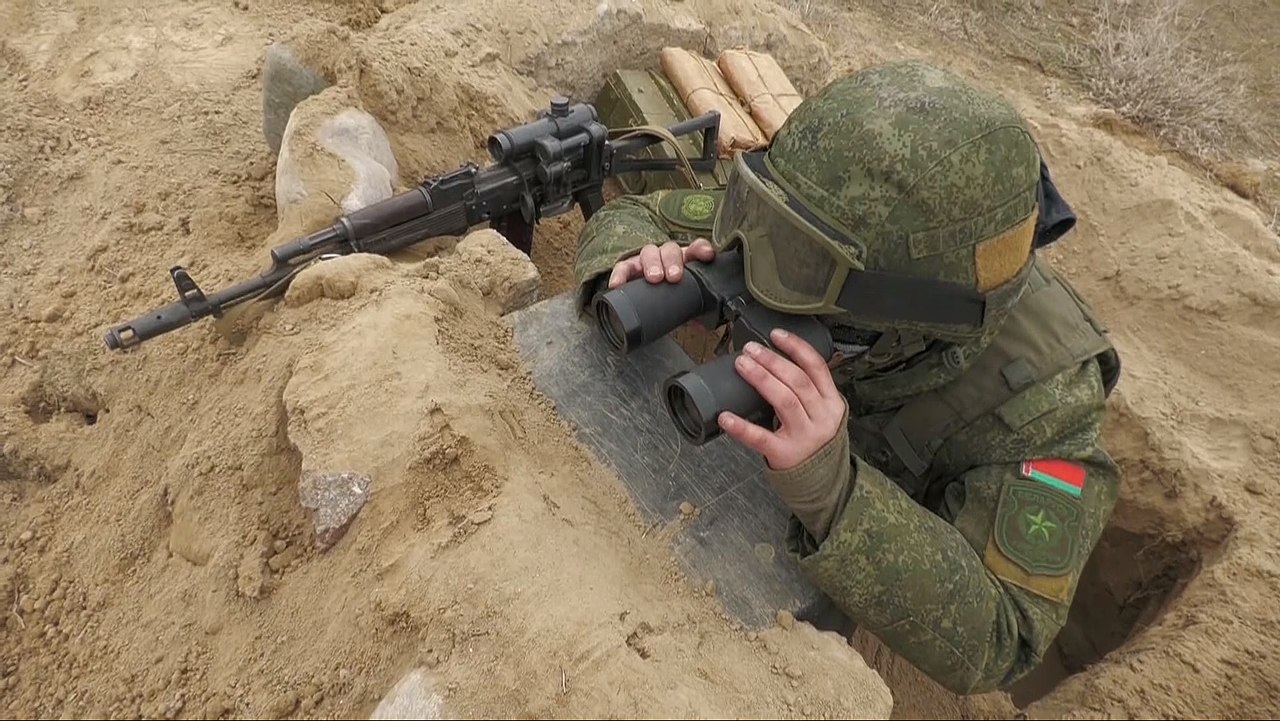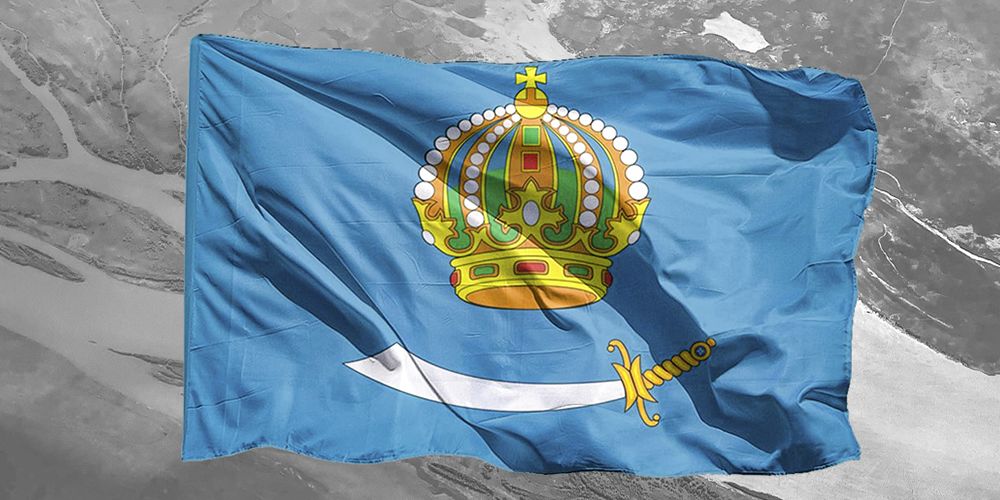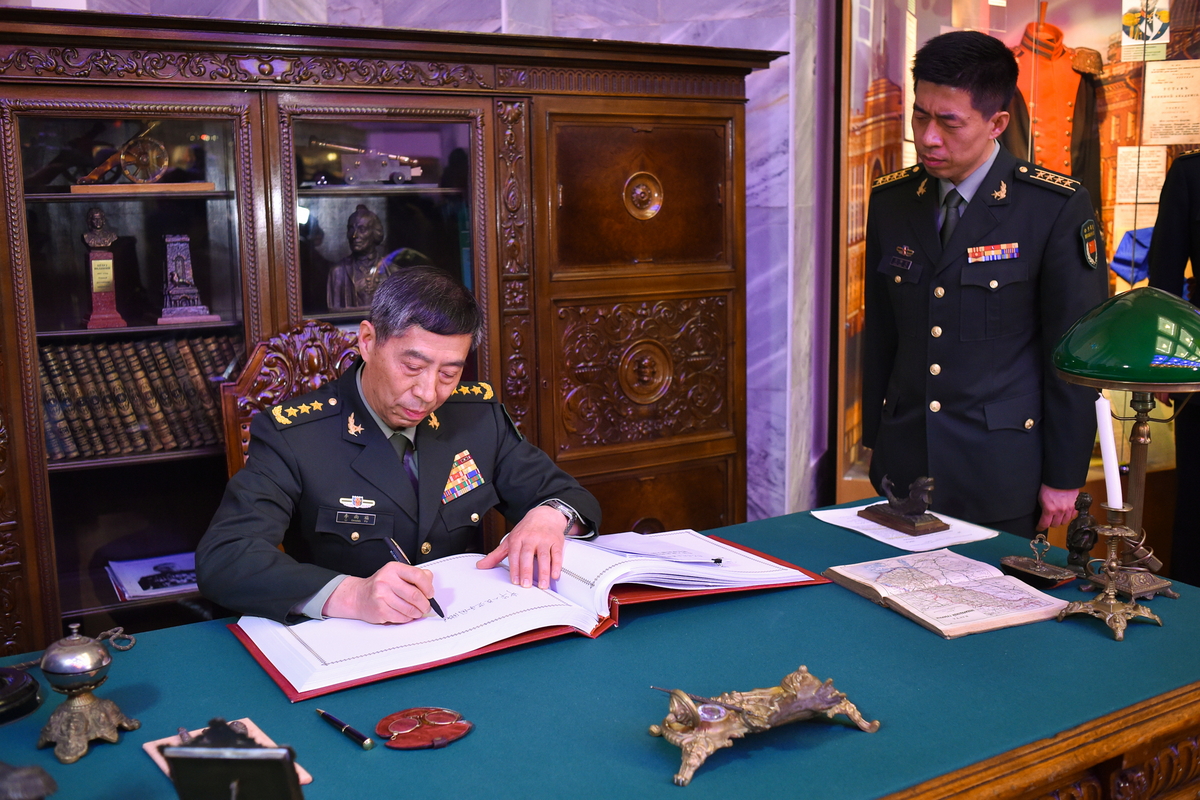Imarat Kavkaz’s Supporter Arrested in Ingushetia: Is the Caucasus Emirate Still a Threat in the North Caucasus?
The recent arrest of a 23-year-old individual in Ingushetia, implicated in supporting online Imarat Kavkaz, underscores the persistent threat posed by this terrorist organisation in the North Caucasus region. While empirical evidence suggests a strong diminished operational capacity on the ground, the organisation’s propaganda remains a potent force capable of influencing local sentiments.

